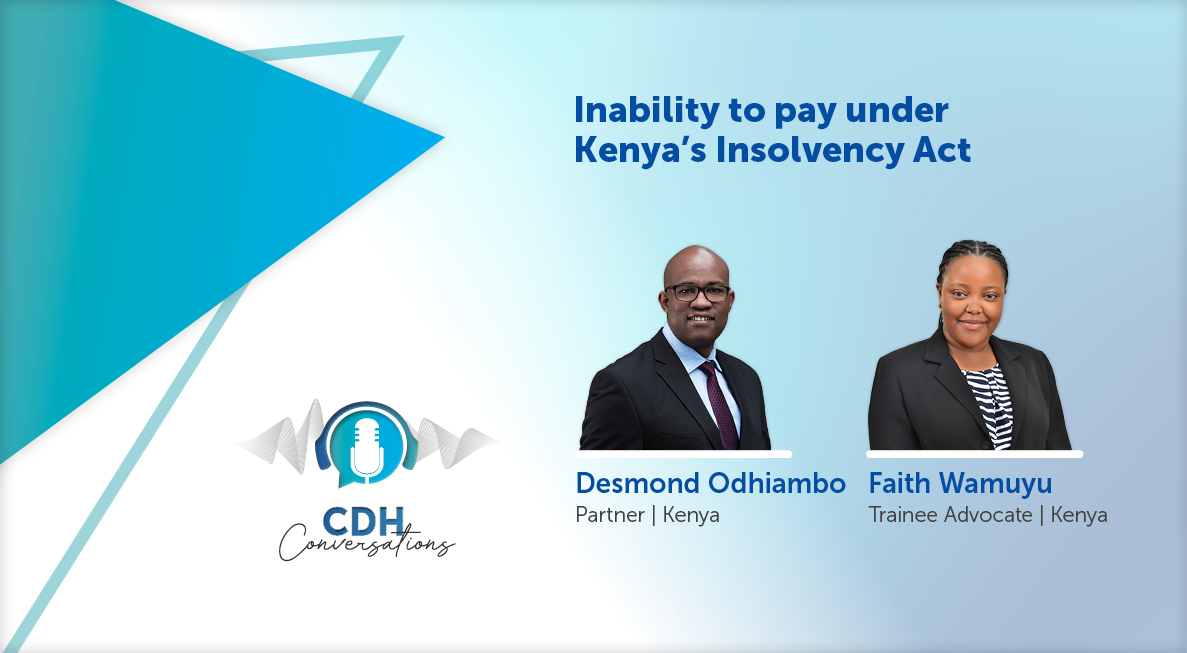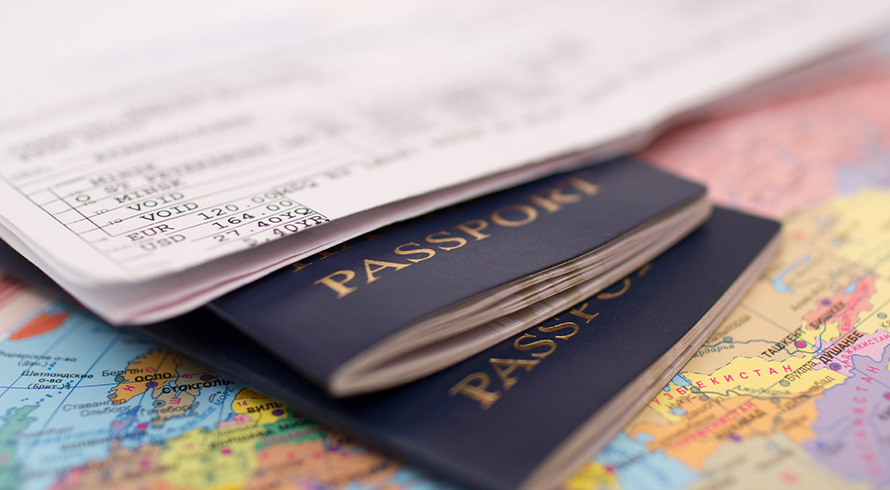Defending the defenceless on appeal: preventing the suspension of an order placing a company under business rescue
At a glance
- Discontented creditors of a company under business rescue have the option to bring an urgent application to liquidate the company, but this is difficult to establish if there is a reasonable prospect of rescue.
- If creditors insist on liquidation, they can vote against the business rescue plan or bring an application to appeal the business rescue order.
- The legal effect of an application for leave to appeal on the operation of the business rescue order is that it is typically suspended, but in exceptional circumstances, the suspension may be deviated from to protect the purpose of business rescue.
The default position is that the operation of the business rescue order will be suspended in terms of section 18(1) of the Superior Courts Act 10 of 2013 (Superior Courts Act). However, in the case of Al Mayya International Limited (Bvi) (Formerly Al Mayya South Africa Ltd (Bvi) v Valley of the Kings Thaba Motswere Proprietery Limited (carrying on business at Thaba Mtsweri, Thabazimbi) and others (Al Mayya), the Eastern Cape High Court (Court) essentially found that the suspension of the business rescue order would undermine the very purpose of business rescue and mechanisms as provided for in Chapter 6 of the Companies Act 71 of 2008 (Companies Act).
An appeal against a business rescue order by a discontented creditor is a relatively rare, although not unheard of, situation. Inasmuch as this situation may not be peculiar to the Al Mayya case, in this article we consider the circumstances which the Court in Al Mayya found convincing enough to justify deviating from suspending the business rescue order.
Briefly, the facts in Al Mayya were that the Court had ordered that the Applicant (the company) be placed under business rescue in August 2016 (the business rescue order). The First and Second Respondents (Respondents) subsequently brought an application requesting leave to appeal the Court’s business rescue order. In terms of section 18 of the Superior Courts Act, the Respondents’ application would ordinarily automatically result in the operation of the business rescue order being suspended. The company would not be under business rescue in law, and would therefore not have the protections afforded to companies under rescue in terms of the Companies Act available to it. To avoid these consequences, the company brought an urgent application to court under section 18 (3) of the Superior Courts Act, where it essentially requested that the Court find that the business rescue order not be suspended pending the decision of the Respondents’ application for leave to appeal.
Subsections 18(1) and 18(3) of the Superior Courts Act are the applicable provisions, and provide as follows:
“(1) […] unless the court under exceptional circumstances orders otherwise, the operation and execution of a decision which is the subject of an application for leave to appeal or of an appeal, is suspended pending the decision of the application or appeal.
[…]
(3) A court may only order otherwise as contemplated in subsection (1) […], if the party who applied to the court to order otherwise, in addition proves on a balance of probabilities that he or she will suffer irreparable harm if the court does not so order and that the other party will not suffer irreparable harm if the court so orders.”
In accordance with the above provisions, to succeed in its application for the non-suspension of the business rescue order pending the appeal, the company had to establish that:
- there were exceptional circumstances present;
- there was a likelihood that the company would suffer irreparable harm if the application is not granted; and
- there was no likelihood that the Respondents will suffer irreparable harm if the application is granted.
In determining whether exceptional circumstances were present, the court considered the objectives of the Companies Act and the legal consequences of business rescue proceedings. The court stated that one of the objectives of the Companies Act is, “to provide for the efficient rescue and recovery of financially distressed companies, in a manner that balances the rights and interests of all relevant stakeholders” (Section 7(k) of the Companies Act). To achieve this objective, the Companies Act provides a company under rescue with wider-ranging protections, including a moratorium on the legal proceedings being brought against the company without the consent of the business rescue practitioner or the leave of a court.
After considering the fact that the stakeholders’ interests would not be benefitted in a situation where a party can nullify the aforementioned protections by merely filing an application for leave to appeal, the court found that exceptional circumstances existed. Notably, in coming to this finding, the court considered its findings in the main application (being the initial application to place the company under rescue) to the effect that placing the company under rescue would likely result in it being able to pay its creditors in full, whilst continuing to trade profitably.
The court was further satisfied that the company would suffer irreparable harm if the application was not granted, as, in the absence of the moratorium on legal proceedings, it would be defenceless against an application for its liquidation. Lastly, the court also found that it was satisfied that there was no likelihood of the Respondents suffering irreparable harm as a result of the granting of the application, as it was common cause that there was a reasonable prospect of the company being rescued.
The court therefore concluded that the applicant had sufficiently met the case for the granting of the application, and ordered that the business rescue order was not suspended pending the appeal process.
Although the case of Al Mayya serves as convincing precedent for the granting of an application in terms of section 18(3) of the Superior Courts Act in respect of a business rescue order, it must be noted that it does not establish a new default position in relation to the suspension of business rescue orders which are subject to appeal. The default position remains that a business rescue order is automatically suspended once it has been subjected to an appeal, and an applicant seeking its non-suspension will still have to establish their case with reference to the aforementioned three requirements under section 18 of the Superior Courts Act.
It is quite conceivable that a court may not find the three requirements under section 18 of the Superior Courts Act have been met. For example, in spite of the court a quo’s findings, the facts of the matter may indicate to the court hearing the application under section 18(3) that there is actually a low likelihood of a company being successfully rescued, and the delaying of its inevitable liquidation would only reduce the amounts available for the payment to its creditors. In these circumstances, a court may well conclude differently to that in Al Mayya by finding that the Respondents will suffer irreparable harm should the application under section 18 (3) of the Superior Courts Act be granted.
The case of Al Mayya has shown that while the bar for deviating from the default position under section 18 (1) of the Superior Courts Act remains high, it is not unreachable for parties seeking the non-suspension of a busines rescue orders which are subject to appeal. However, whether a court will grant such a deviation in terms of section 18(3) of the Superior Courts Act remains dependent on the particular facts and circumstances of a case.
The information and material published on this website is provided for general purposes only and does not constitute legal advice. We make every effort to ensure that the content is updated regularly and to offer the most current and accurate information. Please consult one of our lawyers on any specific legal problem or matter. We accept no responsibility for any loss or damage, whether direct or consequential, which may arise from reliance on the information contained in these pages. Please refer to our full terms and conditions. Copyright © 2026 Cliffe Dekker Hofmeyr. All rights reserved. For permission to reproduce an article or publication, please contact us cliffedekkerhofmeyr@cdhlegal.com.
Subscribe
We support our clients’ strategic and operational needs by offering innovative, integrated and high quality thought leadership. To stay up to date on the latest legal developments that may potentially impact your business, subscribe to our alerts, seminar and webinar invitations.
Subscribe




